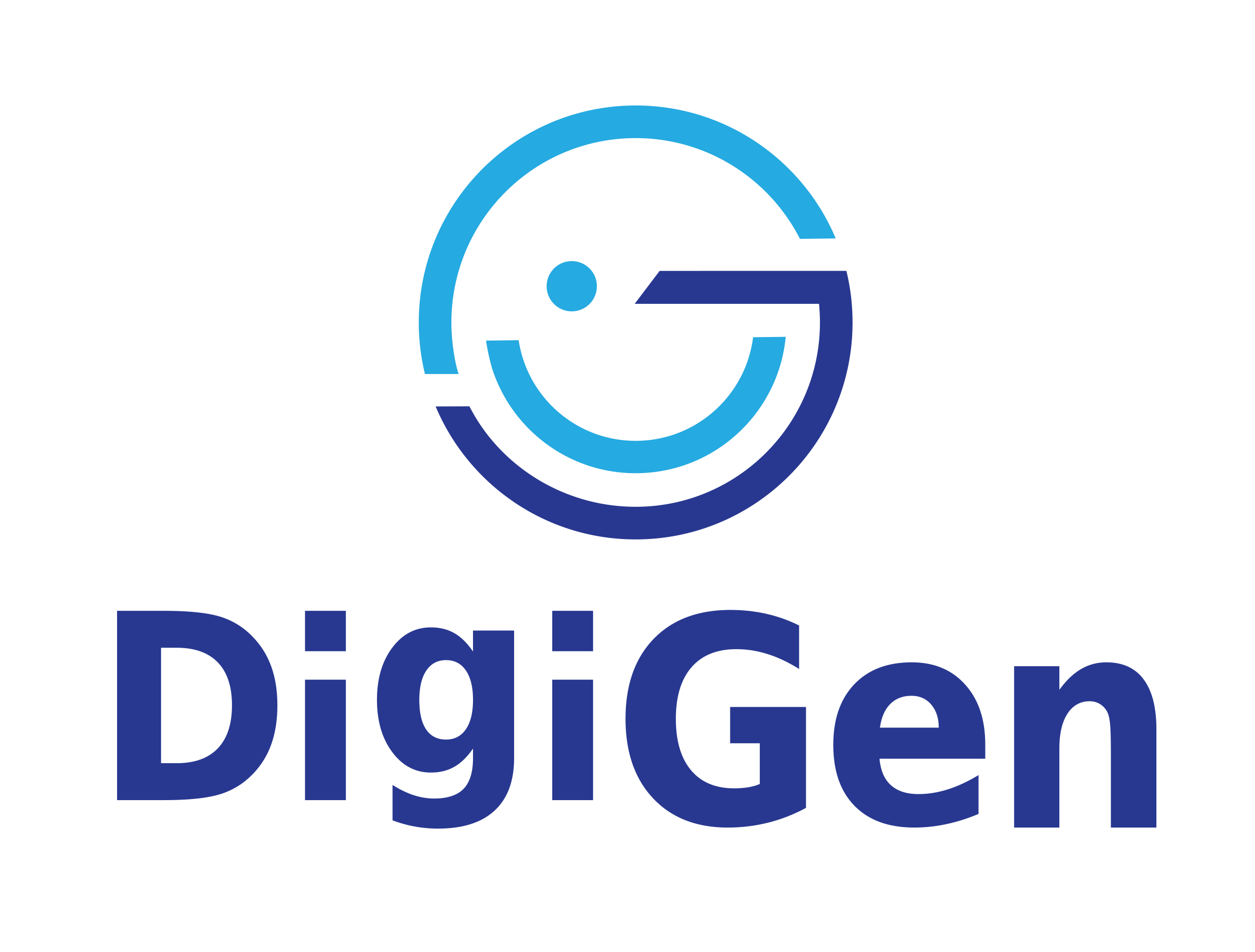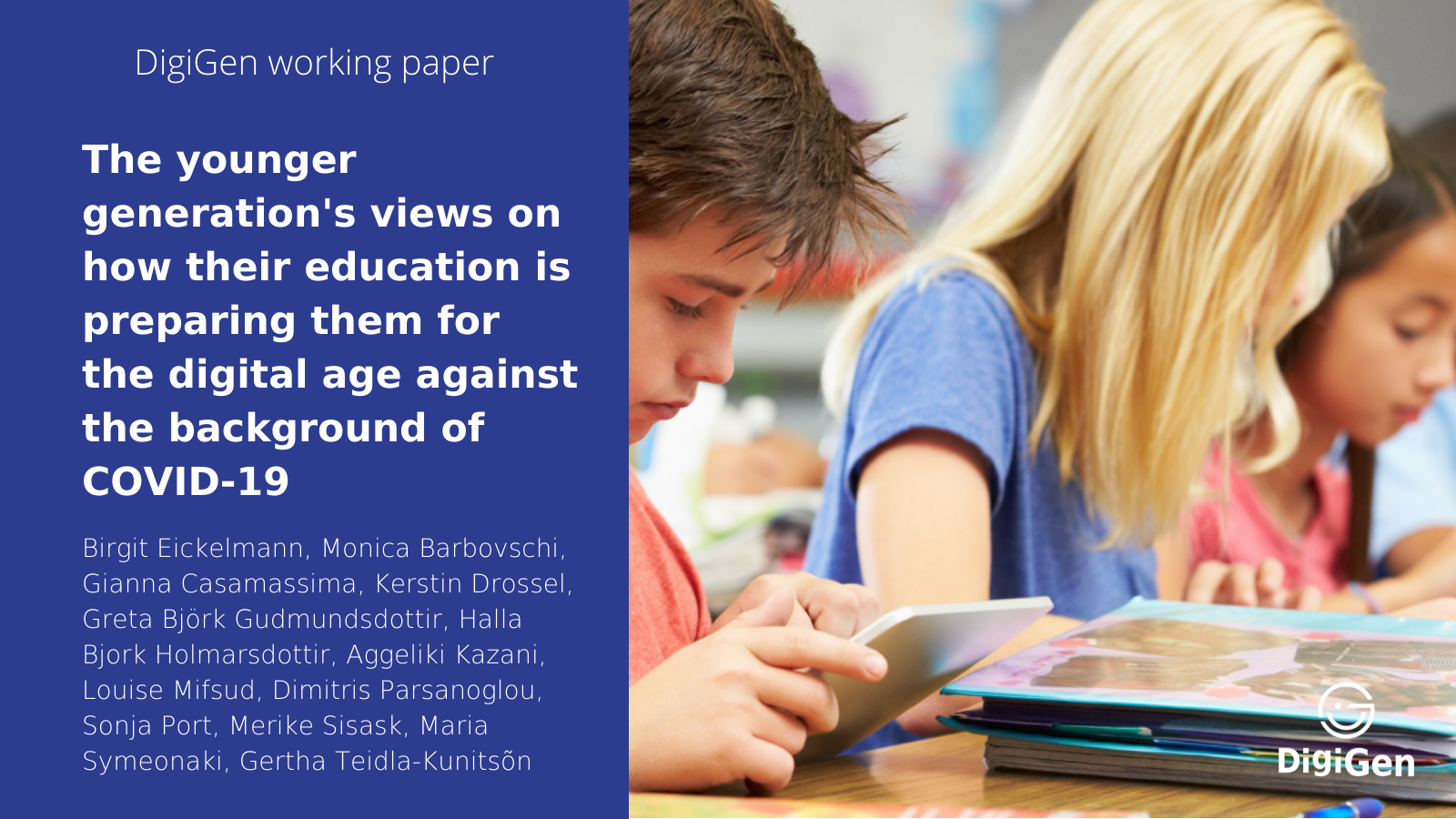Although DigiGen is not a COVID-19 project, the reality of the situation compels us to examine children’s experiences of using ICT in education during this distinctive period. As a result, a new working paper presents results from the exploratory Pilot Study COVID-19 Add-On.
The findings underline the diversity of children’s access, use, and experience of ICT across Europe and between schools. Within countries, some schools and teachers had the competencies and resources to manage the transition to digital education with ease, others struggled. Countries and schools previously investing in digital education for years felt the transition least, but regardless COVID-19 acted as a universal accelerator for ICT in education. Noting this diversity, it was clear from children’s views that all children should be able to access quality internet and support from teachers online, regardless of their socio-economic background. Inclusivity must be placed at the core of digital education policy.
Children highlighted various benefits, challenges, and risks when using ICT in education. Benefits often appeared alongside challenges, notably in terms of how managing digital education affected children’s mental health. For example, the positive reflection on flexibility was frequently mediated with the stress of greater responsibility. These reflections are crucial when creating ICT related educational policy and supporting parents, teachers, and children.
The study, conducted between November 2020 and February 2021, explored children’s views from Estonia, Germany, Greece, Norway, and Romania. The semi-structured interviews highlighted children’s and young people’s views on the impacts of using ICT in education during the pandemic, and to what extent this has prepared them for living in the digital age. This insight will be valuable in adapting the rest of the DigiGen ‘ICT in education’ research as children are involved in the project as co-researchers and experts.
You can read the full paper here

